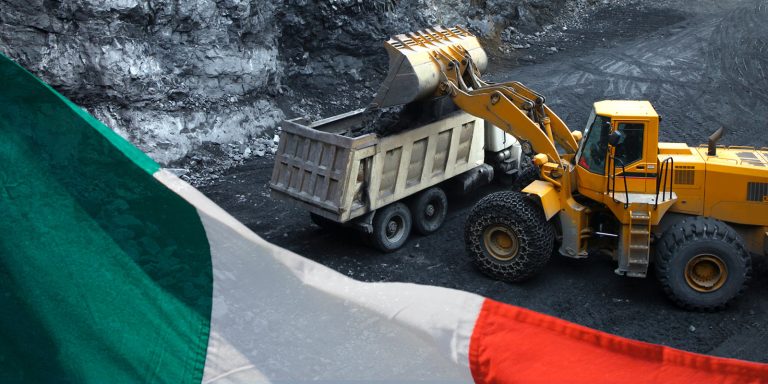Canada will review whether mining companies in Mexico are complying with the latter country’s environmental regulations to prevent further damage, following a bilateral meeting between President Claudia Sheinbaum and Prime Minister Mark Carney.
The leaders met Thursday at the National Palace to discuss investment, mining, and security. They first held a private meeting, followed by a working lunch with their teams, and later a session with Mexican and Canadian business representatives.
Sheinbaum said Carney underscored Canada’s commitment to ensuring that Canadian mining companies respect environmental regulations in Mexico. Both leaders highlighted the importance of compliance with environmental standards in line with sustainable mining practices. Carney requested a list of companies not meeting requirements so his government could contact them directly and press for compliance, including mitigation and remediation measures in environmental impact assessments.
The issue had previously been raised in August, during the visit of Anita Anand, Canadian Foreign Minister and François-Philippe Champagne, Minister of Finance and National Revenue. “We discussed all the damages caused by Canadian mining companies in Mexico and the need for them to comply with all the requirements imposed by an environmental impact assessment and its resolution,” Sheinbaum said at the time.
Despite diplomatic efforts, affected communities have expressed dissatisfaction, arguing that the federal government is unlikely to halt environmental and territorial damage caused by mining companies. The Mexican Network of People Affected by Mining (REMA) said in a statement that while Carney’s visit was framed as an opportunity to expand trade and investment and to uphold free trade protections, communities do not expect real improvements in their living conditions.
REMA also noted that Mexican authorities often avoid strong action against Canadian companies for fear of costly trade disputes, citing the case of Almaden Minerals, which filed claims after its failed attempt to operate in the Sierra Norte of Puebla. “The struggle against plunder is carried out by the people, because our regulatory institutions in the sector have no political will and no power to limit the daily consequences of mining,” the group said.
According to the Mexican Geological Service, mining is one of the industrial activities with the greatest environmental impact. Water, soil and air are most affected during extraction and processing due to leachates and gases released in crushing, washing, corrosion and chemical separation.
CONAGUA identifies mining as a major source of groundwater pollution, either through leachate infiltration or accidental spills. Moreover, the Ministry of Environment and Natural Resources’ (SEMARNAT) National Inventory of Contaminated Sites reported in 2019 that mining ranked first among the causes of potentially contaminated sites.
Canada is Mexico’s third-largest trading partner and one of its main investors in mining, energy, infrastructure and manufacturing. Between 2006 and 2024, Mexico received US$54.28 billion in Canadian investment, according to the Ministry of Economy. During this period mining was the most attractive sector for Canadian investment accounting for US$16 billion in investment, followed by transportation with US$10 billion and financial services with US$6.2 billion.
https://mexicobusiness.news/sustainability/news/canada-review-mining-environmental-compliance-mexico


